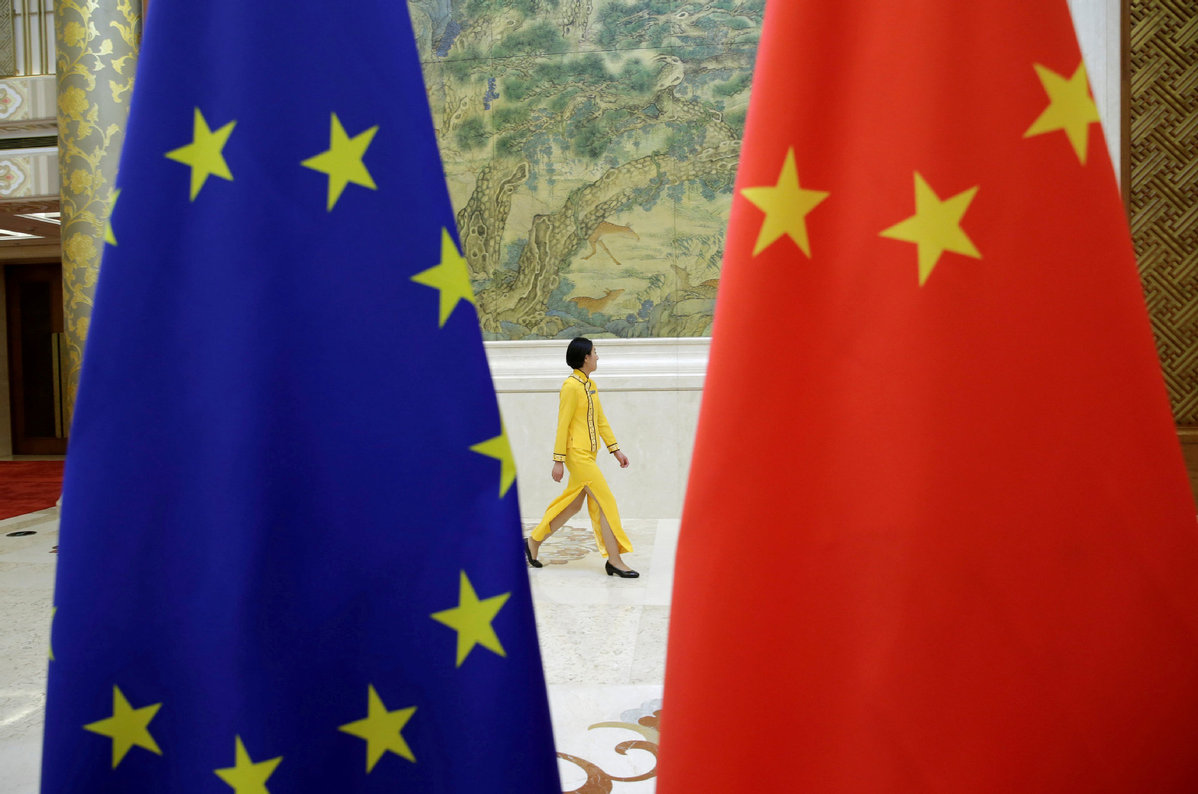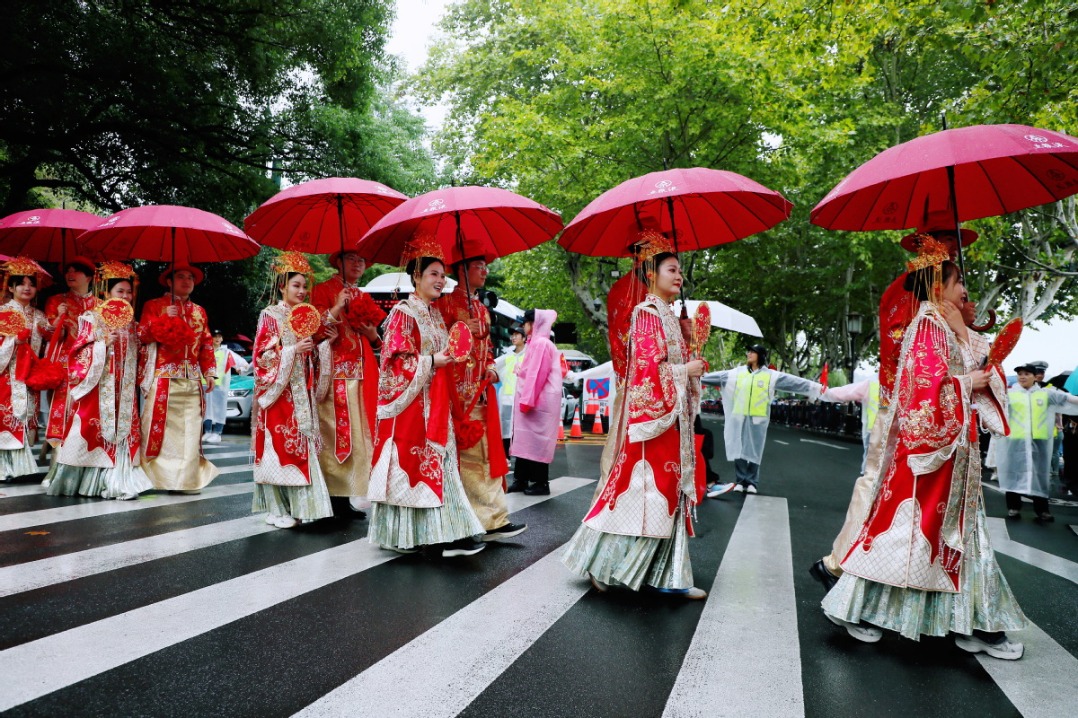Tough balancing act for European countries: China Daily editorial


As Washington mounts increasing pressure on its allies and partners to isolate China, Beijing, on its part, is sparing no effort to ascertain the commitments to partnership of European countries.
In his latest conversations with some of his European counterparts on the phone or via video links, State Councilor and Foreign Minister Wang Yi, while reminding France, Italy and the United Kingdom of the good old days of bilateral rapport and the cause of present frustrations, urged the latter to have their eyes on the boundless potential of post-pandemic collaboration.
Talking with Italian Foreign Minister Luigi di Maio, Wang praised the China-Italy anti-pandemic collaboration as a fine example for the international community, emphasized the links between the two countries, and invited the latter to jointly realize Beijing's vision of a "global community of health for all".
In his dialogue with his UK counterpart Dominic Raab, Wang called on the UK to be "rational and mature" at what he said was a "crossroad" for bilateral relations, and warned against the clamor over "resetting" them.
In a phone conversation with French Foreign Minister Jean-Yves Le Drian, he highlighted the need for China and France to cement bilateral cooperation and to resist "unilateral bullying", reiterating the importance of safeguarding multilateralism in global governance.
At the end of the day, everything boiled down to the core message that China represents opportunities for Europe rather than posing a threat, and the latter should adhere to its "strategic autonomy" in the face of the US administration's attempts to sabotage cooperative relations in favor of ostracizing China.
All those who Wang spoke with sounded supportive, agreeing in principle to work with China to advance global governance as well as collaborate wherever possible.
Indeed, no country wants to be bullied, or see the present extent of instability, uncertainty and unpredictability in the international community. China and the European countries have enjoyed by-and-large smooth ties and fruitful pragmatic cooperation over the past decades, and they recognize the potential of constructive engagement.
Yet as the recent developments in China-US and EU-US relations indicate, things have gone far beyond the calculations of economic loss and gain. The rising tide of pan-politicization, the abrupt rise of ideological instigation in particular, has brought in, and amplified non-economic factors to unprecedented degrees. So much so that making cool-headed, informed decisions has become nearly impossible in today's international context. Especially when nations find themselves being pressured by the US to follow its lead to the extent they are today.
Taking sides between the world's two largest economies does no good to Europe. European nations will likely demonstrate poise, discretion and pragmatism in handling the messy fallout from Sino-US relations. But economic considerations surely won't be the only ones that matter.
- Mainland’s help with mass testing crucial for HK to quell pandemic
- Experts: Global solidarity needed to fight COVID-19, economic slowdown
- Huawei ousts Samsung as world's top smartphone vendor in Q2
- China's economic recovery brings confidence to world economic recovery: Polish expert
- China's western regions accelerate opening up amid epidemic


































